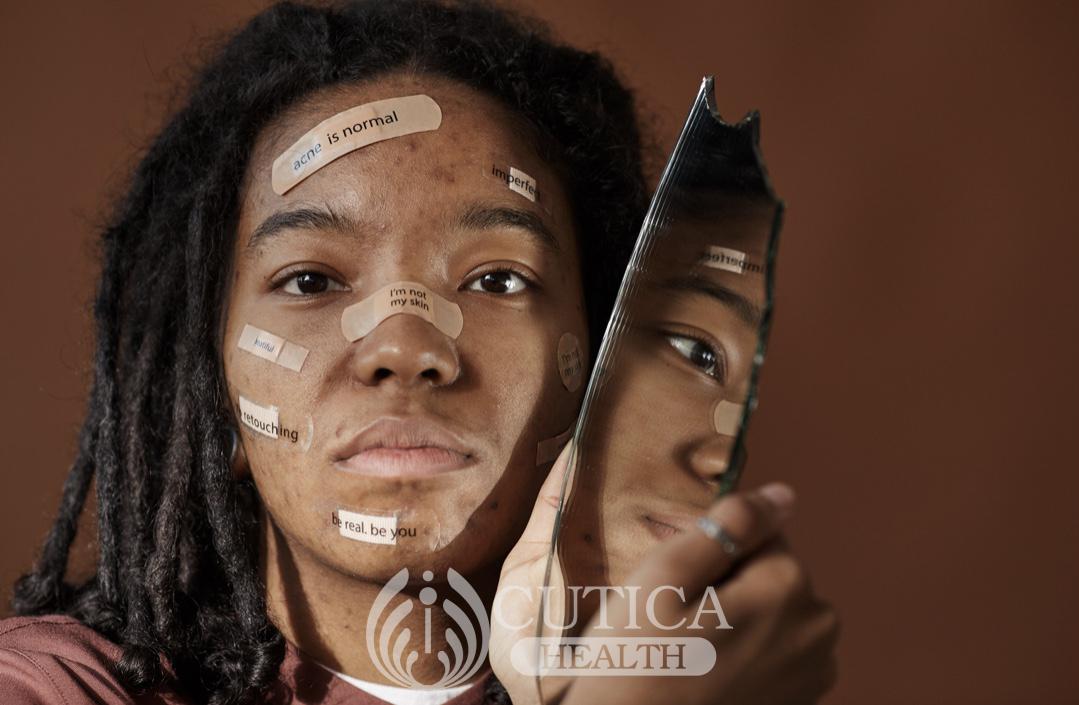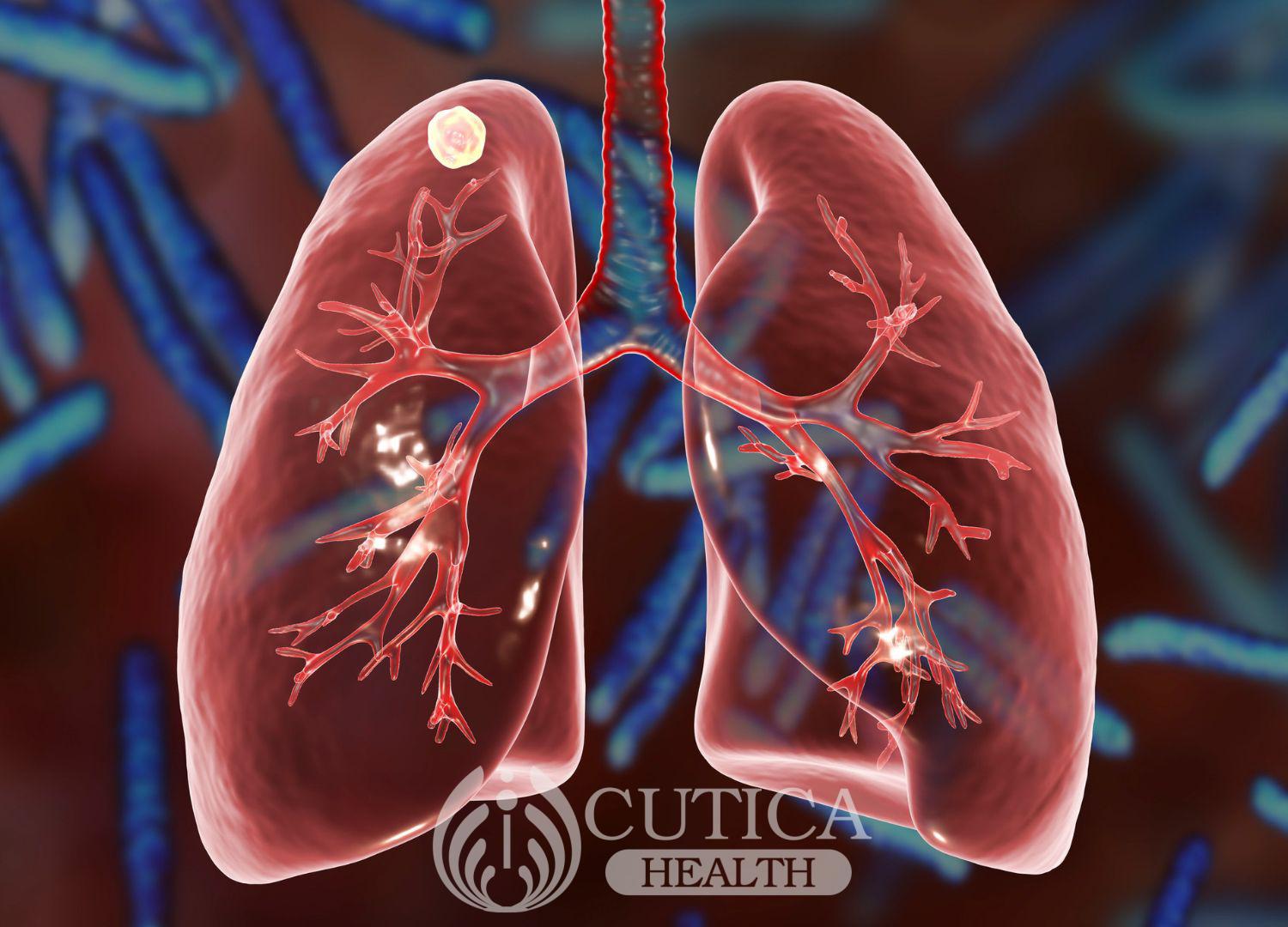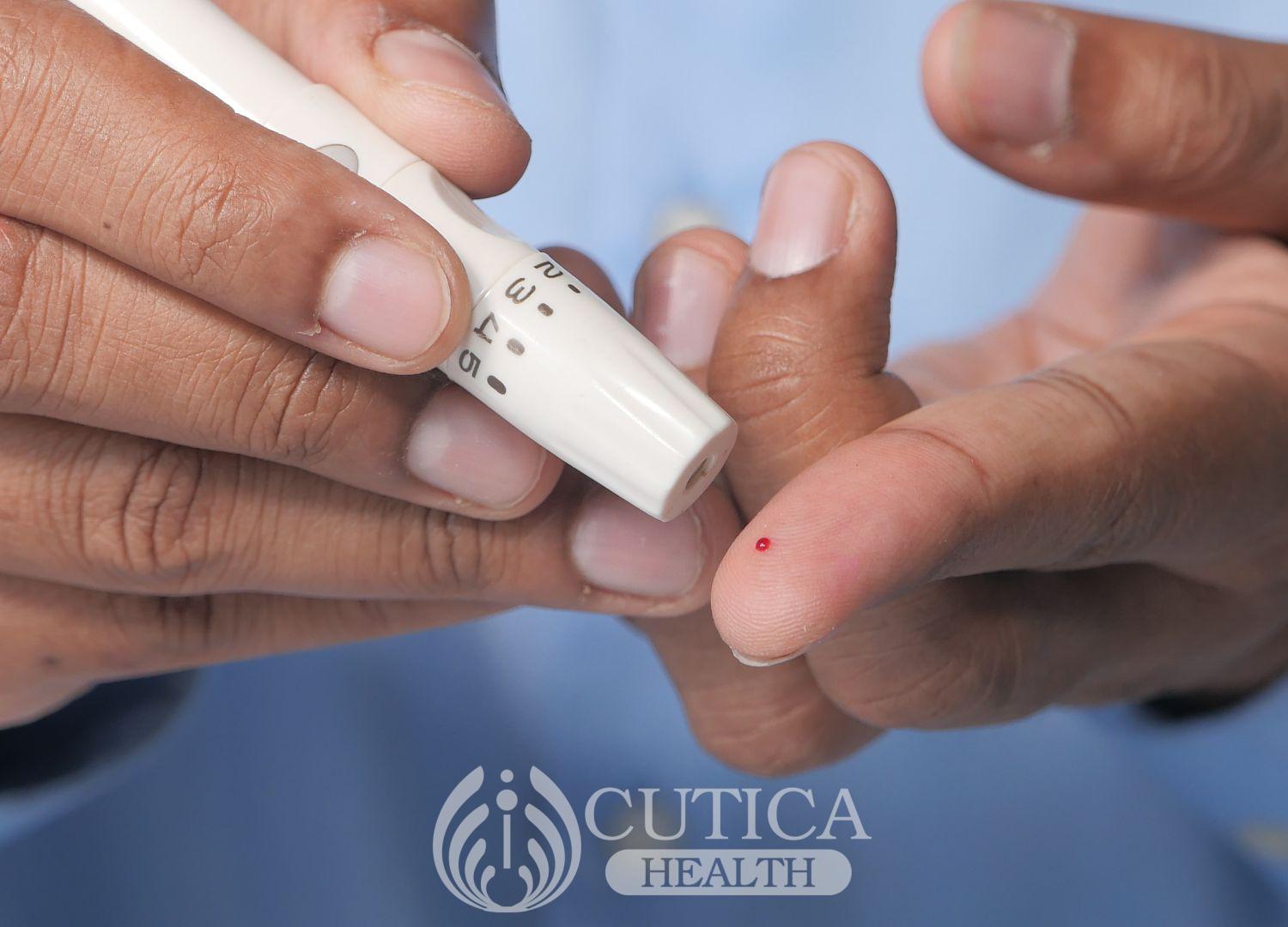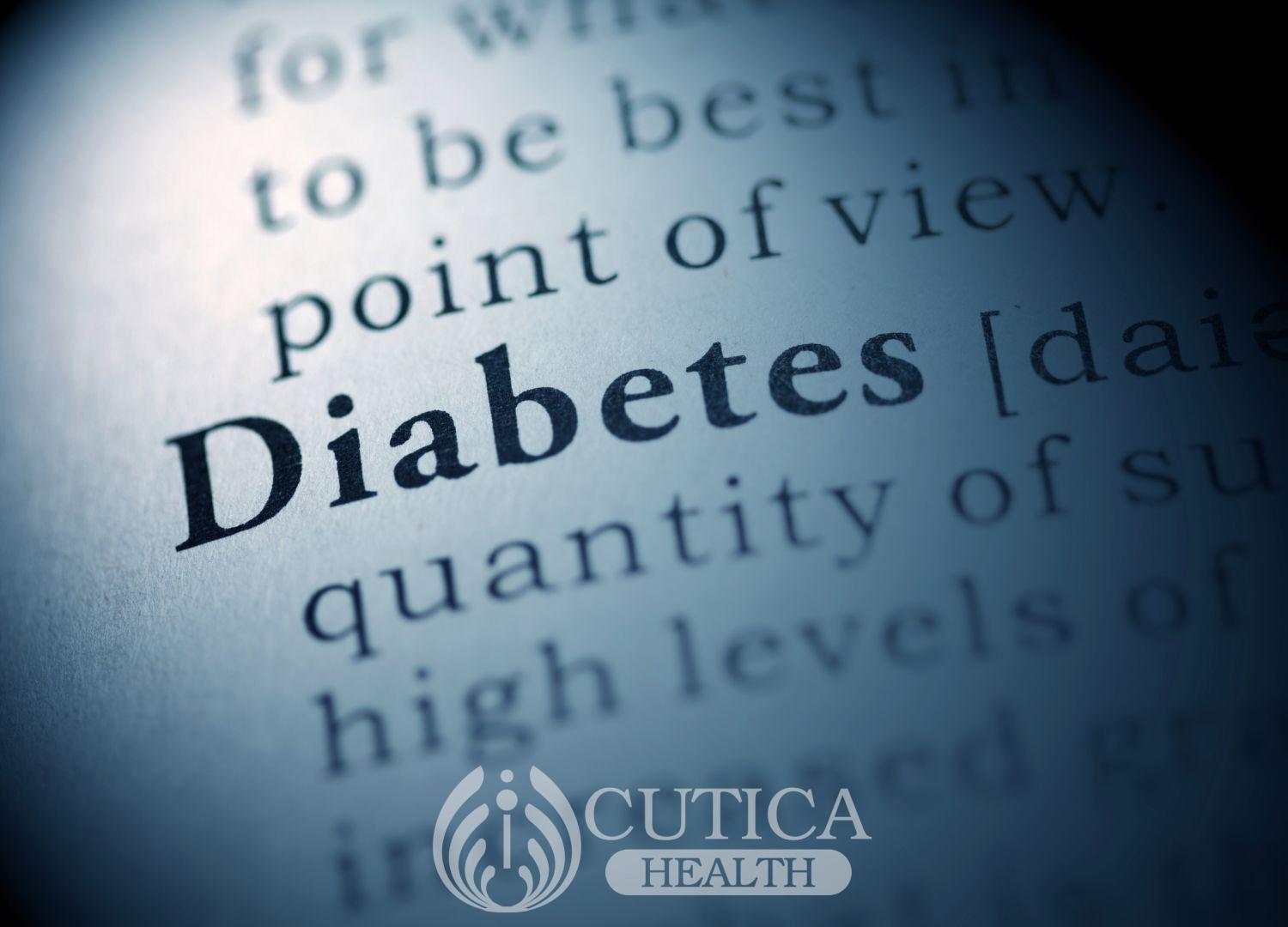
The skin has pores and hair follicles and when they become clogged with dead cells, oil, and bacteria, they form breakouts called pimples or acne. Medically it’s called Acne Vulgaris.

Acne occurs mostly at puberty (adolescence) and can continue into adulthood. A good percentage of people experience acne in their lifetime, it’s been observed that both genders are affected but women have a 50% rate of acne problems as against 26% in men. A dermatologist clinic will witness more female than male appointments.
Acne could lead to mental disorders such as depression, anxiety, low self-esteem, which, in turn, affects the quality of life. It’s been reported that women are more likely to experience depression than men. You could have been told acne clears on its own after a certain age; well this isn’t accurate. Breakouts can be bad and don’t necessarily end with your teenage age.
WHAT CAUSES ACNE?
The holes on your skin are surrounded by hair follicles which also contains your sebaceous glands. That gland secretes oil also known as Sebum, to keep your skin supple and moist, but when this pore is clogged, it cause acne. Acne occurs mostly on the face as well as neck, chest, and back of humans Most times caring for your skin by cleansing and exfoliating regularly will prevent acne; however for quite some people this is not the case. Acne becomes stubborn and complicated, which can be frustrating when trying to figure out an effective treatment. For proper treatment, let’s delve deep into other risk factors for acne.
WHY IS MY ACNE STUBBORN?
- HORMONAL IMBALANCE: Women produce progesterone while men have testosterone and an increase in these hormones surges up sebum (oil) production on the skin. Women with a condition called polycystic ovary disease have abnormal hormone compositions, with high testosterone levels, which increase their risk of acne. Failure to manage this condition may cause acne to persist.
- STRESS: When you go through a stress event or emotion for a long time, it affects your body’s hormone levels. A stress hormone called cortisol is released by your body to help it maintain internal functions during those stressful periods. However, stress escalates its functions and creates a lot of skin problems such as inflammatory acne caused by bacteria.
- ENVIRONMENT: Living in a city with dirt swirled air, a polluted environment puts dirty layers on your face. Sun gives Ultra Violet (UV) light, aside from skin cancer too much exposure can cause acne because the skin dries out faster and excess oil is produced to compensate. It is important to apply SPF 30 – a broad-spectrum sunscreen- to prevent acne.
- UNDERLYING HEALTH ISSUES: Adult acne can occur as a reaction to other health complications such as Polycystic Ovary Syndrome (PCOS) in women. The use of other medications such as lithium and corticosteroids also causes acne.
- GENETIC FACTOR: genetics is a predisposing factor; if there’s a family history of acne, you are more likely to develop it. Although this is totally out of your control, you can lessen its severance by adopting the right skin-care regimen.

- OVERWASHING: Excessive exfoliating and cleansing can dry or damage your skin to cause acne. Your skin type determines how often to exfoliate. Dry or sensitive skin can exfoliate once a week or biweekly, while oil or combination skin, 2 to 3 times is sufficient to prevent stubborn acne.
- WRONG PRODUCTS: oily skin is prone to dealing with stubborn acne, use products that are water-based and oil-free (non-comedogenic) while dry and sensitive skin should use oil-based products (comedogenic) to minimize stubborn acne.

We shall discuss the best strategies for dealing with acne subsequently depending on the cause and the severity. However, understanding the possible risk factors and causes of acne gives you an idea of which direction to look in finding solutions to this stubborn skin condition.












